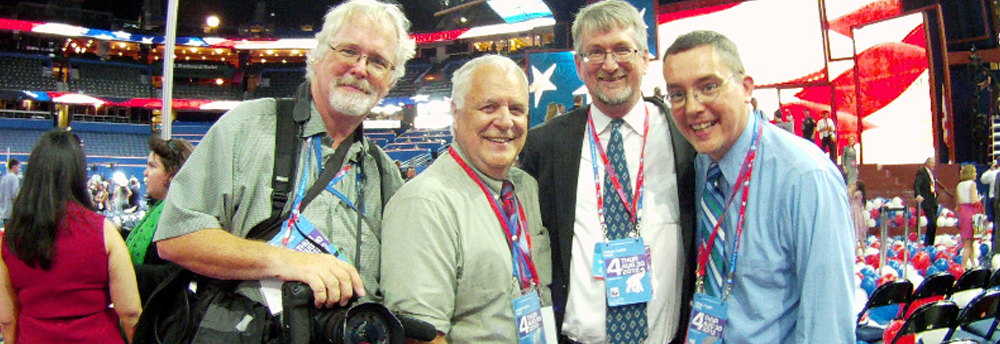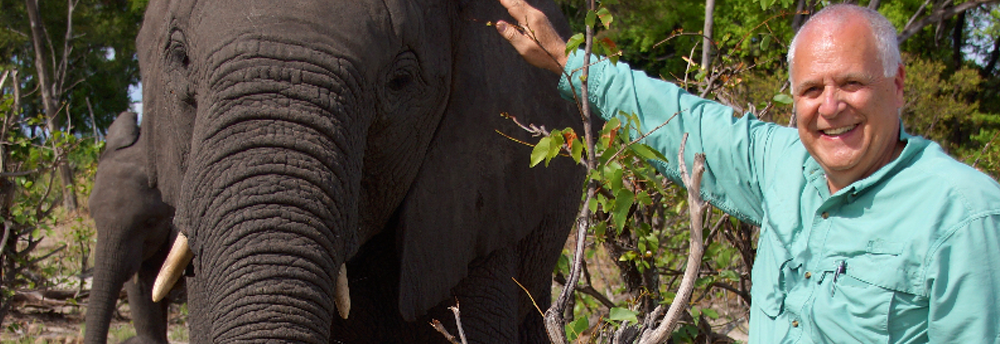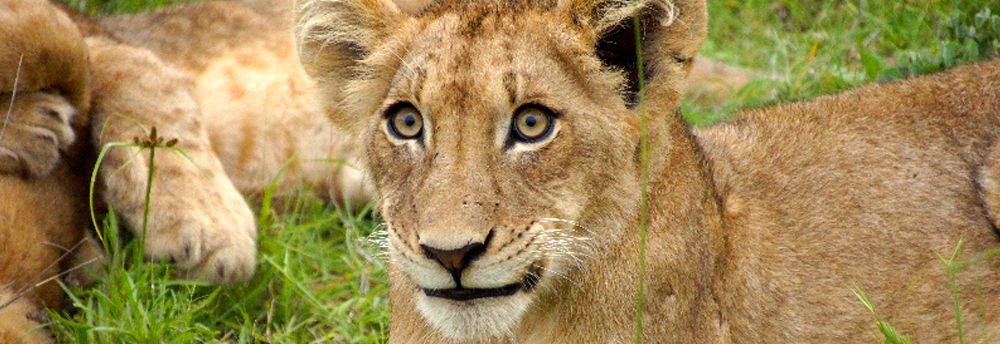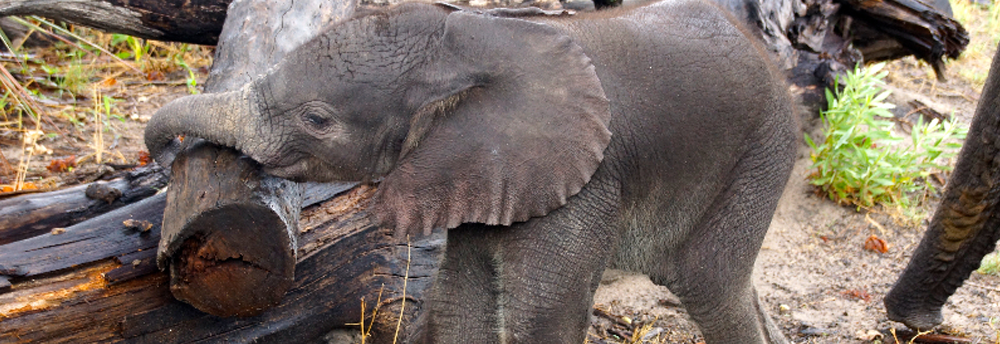Onboard a jetliner:
Cabin Attendant: “Mr. Ingle would you like anything to drink?”
Me: “Water with ice.”
CA to my seat mate: “Mr. Stroehmann, would you like anything?”
Mr. Stroehmann: “A bloody Mary and congratulations on the pronunciation of the name.”
CA: “I’m from Philadelphia and grew up eating Stroehmann bakery products.”
Mr. Stroehmann: “A lot of people did, that’s how I can fly first class.”
He was the grandson of the man who started the “Dutch Country” bakery so many people love. He told me he didn’t buy a first class ticket; he hadn’t flown in the pointy section of a plane in years, the airline bumped him up. He was carrying a book he borrowed from a public library.
He said his grandfather was kicked out of the family in Germany for marrying below his station in life. His family there was working with yeast, either in brewing or baking. He left, set up shop in West Virginia and became an American. When the Depression hit he gave his two sons $1,000 each and told them they had a trade, go out into the world and make a living. They did.
The two were the father and uncle of my seat mate. Their company started with the $2,000 is the one we know. He said his father had servants but they were for the dad. His dad told him he had to make up his bed and clean his room and do everything for himself. “If you want servants, earn it.”
Here is a man who not only knew the history of baking he lived it, and made it. I had to ask about that “best thing since sliced bread” expression. He said with women working while men went to WWII they had no time for the usual kitchen chores. Sliced bread came at the right time. But they couldn’t decide on how thick. Some wanted thicker to withstand meat loaf sandwiches. Some wanted thin for diet reasons. The regular slice we have today was the one chosen by his granddad.
The way he and his brother ran the company, which was sold a while back, was different for sure. On Saturdays he and brother had open house for employees to come and talk about whatever they wanted. He said they never complained about working conditions but wanted input about their families and lives. People offered jobs elsewhere sought an objective evaluation. Sometimes they left. Other times they stayed. “It’s how you build loyalty.”
Polite, courteous and patient, he answered my multiple questions then asked “What do you do for a living?” After I told him he seemed like he was thinking “that makes sense.”
A part of being a journalist is being in the right place at the right time. I was at a meeting in Connecticut and excited about the program because of a recent National Geographic story about the deepest part of the ocean off Monterey, California. There were animals living around steam vents. The photos were incredible. I was the only guy on the front row. Then another follow plopped down and I figured him for a journalist since he was dressed like me. I chewed his ear off about how Bob Ballard had managed all these photos via sub using a new digital photography with no film.
The program began and the moderator repeated a lot of what I said to my seat mate. He introduced Bob Ballard. The guy next to me rises and walked up on stage. I was talking to Ballard about Ballard.
Two years later, in 1985, he discovered the Titanic.





Sorry, comments are closed for this post.